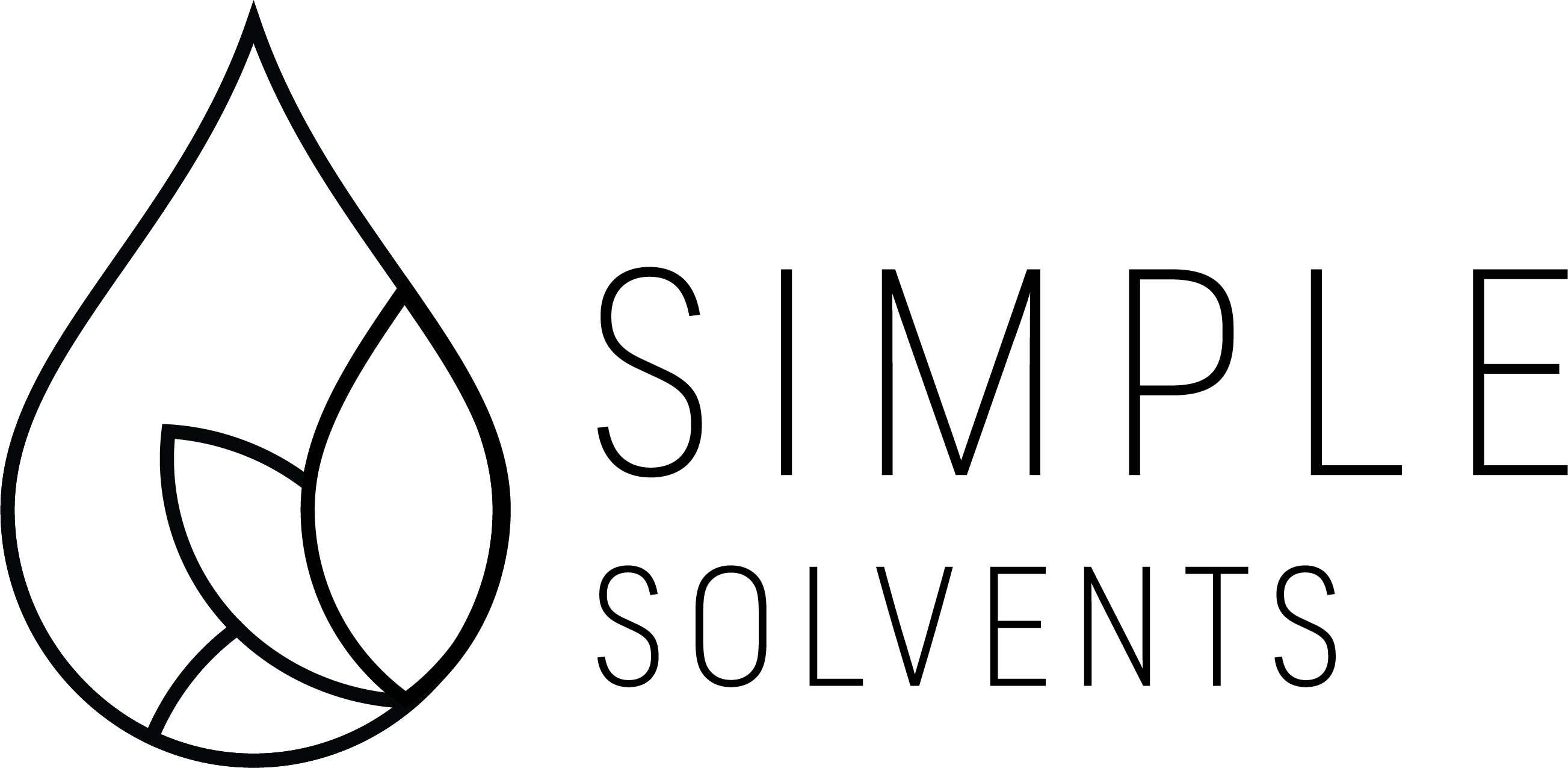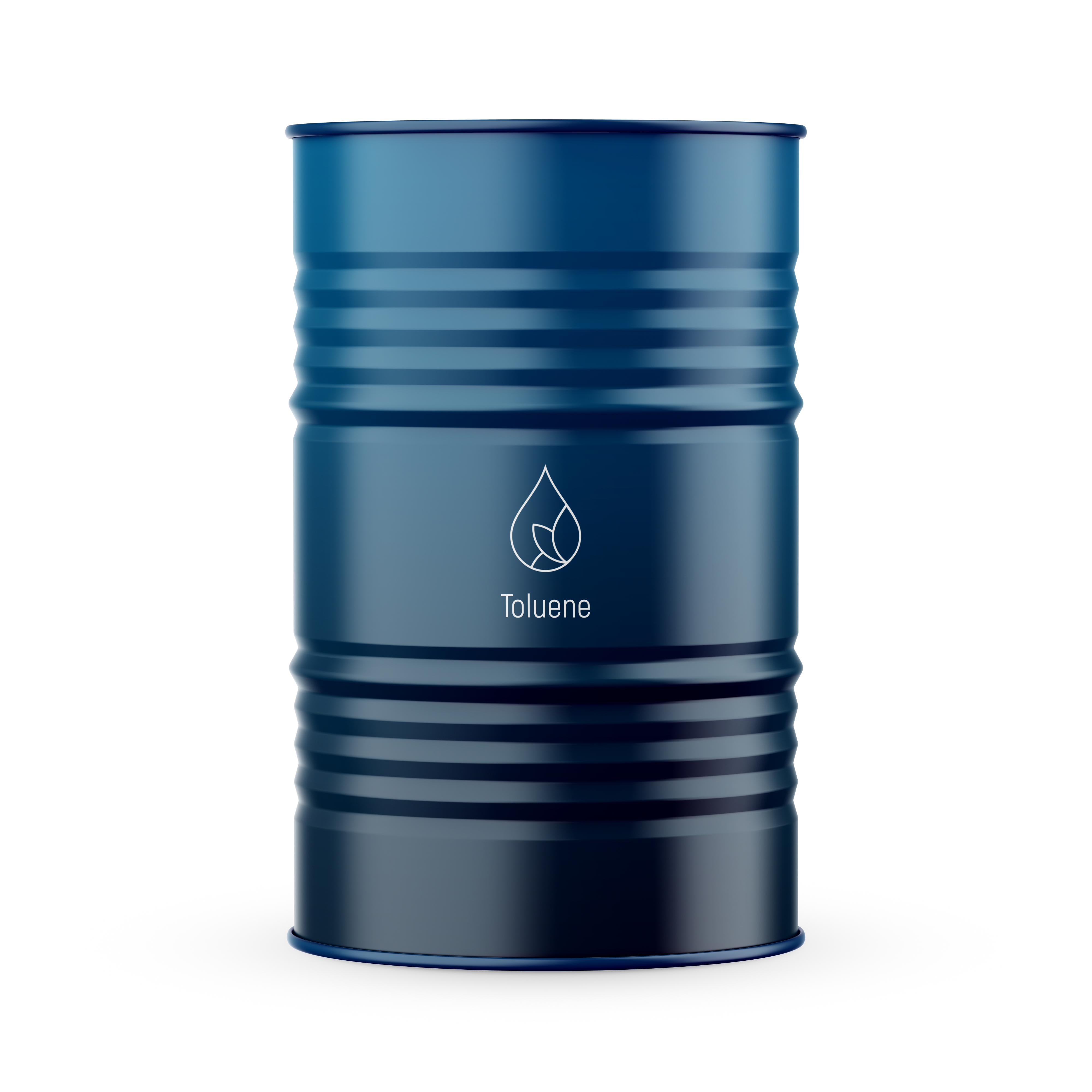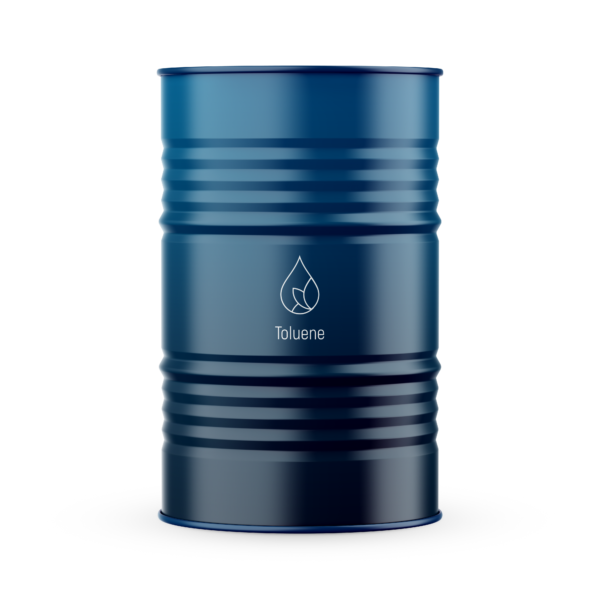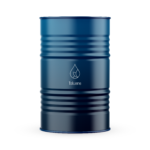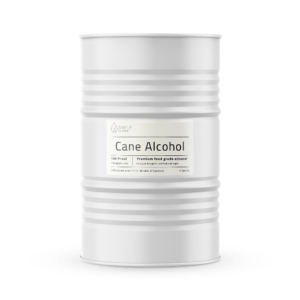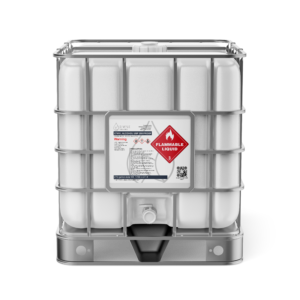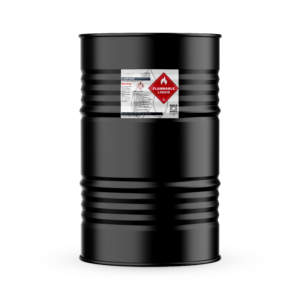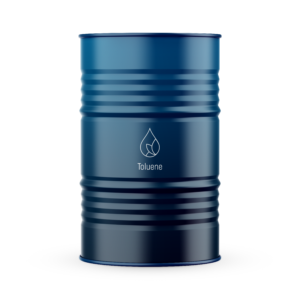Lab Tested
Secure Payments
Quality Guarantee
Fast Delivery
Toluene - Methylbenzene
Methylbenzene, widely known as toluene, is ideal for various industrial and research applications due to its potent solvent capabilities and versatility. Our high-purity toluene is used across multiple industries, including botanical extraction, paint and coatings, adhesives manufacturing, pharmaceuticals, chemical synthesis, and laboratory analysis. Its reliable performance makes it an essential solvent for professionals requiring consistent and effective results in both routine and specialized applications.
Industries
Botanical Extraction: Toluene serves as a non-polar solvent for isolating specific compounds and essential oils from plant materials, assisting in the effective separation of lipophilic substances.
Paints & Coatings: Known for its quick-drying properties, toluene is widely used in the production of paints, varnishes, and coatings. It aids in evenly dispersing pigments and achieving smooth, durable finishes.
Adhesives Manufacturing: Toluene is a key ingredient in adhesive production, where it helps dissolve rubber and resin components, contributing to stronger, long-lasting bonds.
Pharmaceuticals: Toluene plays a significant role in pharmaceutical synthesis, serving as a reaction solvent in the production of active pharmaceutical ingredients (APIs).
Chemical Synthesis: As a precursor in synthesizing more complex compounds, toluene provides a stable solvent environment for various reactions in chemical manufacturing.
Uses of Toluene
Botanical Extraction: Toluene is employed in the extraction of essential oils and other active plant compounds, providing high selectivity for non-polar compounds.
Paints & Coatings: Its fast evaporation rate and solvent strength make it a preferred choice in paints and varnishes, enhancing drying time and durability.
Adhesives: In adhesives manufacturing, toluene’s dissolving power aids in creating effective bonds for products such as rubber cement and contact adhesives.
Pharmaceuticals: Used as a solvent and reactant in synthesizing drugs, toluene supports reactions that require precise control over non-aqueous environments.
Laboratory Analysis: In labs, toluene is utilized for sample preparation and as a mobile phase in chromatography, allowing for efficient separation of complex mixtures.
Industrial Solvent: Toluene dissolves various organic substances, including oils, resins, and polymers, supporting multiple manufacturing processes.
Research & Development: Its effectiveness in dissolving complex organic compounds makes toluene a valuable tool in research for testing reactions and synthesizing materials.
Product Information
CAS Number: 108-88-3
Common Names: Toluene, Toluol, Methylbenzene, Phenylmethane
Scientific Name: Methylbenzene
Advisory Statement for Toluene Hazards – Storage & Handling
Toluene is a highly volatile solvent with significant evaporation and pressure buildup characteristics. Due to its low boiling point and high vapor pressure, proper storage and handling are crucial to ensure safety and maintain product integrity.
Volatility and Storage Considerations:
- Heat Sensitivity: Toluene should be stored in a cool, well-ventilated area, away from direct sunlight and heat sources. Exposure to high temperatures can increase the risk of pressure buildup in storage drums, which may lead to bulging or rupture. It is imperative to avoid storing toluene in environments with extreme heat, such as warehouses lacking air conditioning or temperature control.
- Pressure Buildup: To prevent pressure issues, ensure that drums of toluene are kept sealed and in a stable, temperature-controlled environment. Open drums in areas without adequate ventilation or temperature control pose risks of increased pressure and possible hazardous conditions.
- Open Drums: Having an open drum of toluene in an enclosed space can lead to rapid evaporation and the accumulation of flammable vapors. This poses significant fire and health risks, including potential explosions in the presence of ignition sources.
Shipping and Extreme Conditions:
- Shipping Risks: During summer or in areas with high ambient temperatures, there is a heightened risk of drum bulging or leakage due to the expansion of toluene vapors. We advise considering these factors before placing orders in warmer months or for locations with inadequate temperature control.
For safety, always ensure proper ventilation, temperature control, and secure storage practices. Following these guidelines helps mitigate risks associated with toluene volatility and ensures a safe handling environment.
- solvent supply made easy
Material Safety Best Practices
When purchasing, using, shipping, storing, or disposing of Simple Solvents’ products, including flammable liquids and solvents, please be aware of the following important considerations and best practices:
Some Simple Solvents products are class 3 hazardous materials and are highly flammable. They may pose significant risks if not handled correctly. Always use these materials in well-ventilated areas away from heat sources, sparks, or open flames. Wear appropriate personal protective equipment (PPE), including gloves and safety goggles, to minimize exposure.
Proper Handling
Exercise caution when handling to prevent spills, leaks, or accidents. Use spill containment measures and follow the safety data sheet for safe handling. Do not tip packaging during transit or storage – keep the product vertical at all times.
Shipping and Storage
Ensure compliance with Department of Transportation (DOT) regulations for the shipping. All shipments must be made to a commercial address with proper labeling and documentation. Store these materials in secure, cool, and dry conditions away from incompatible substances. If the product is hazardous as indicated on the SDS, consult with your local fire marshal regarding storage allowances and local restrictions to ensure compliance with regional safety regulations.
Disposal
Follow local, state, and federal regulations for the disposal of chemical materials. Properly dispose of unused or expired products through certified disposal facilities or programs. Do not dispose in regular trash or down drains.
Emergency Procedures
In case of an emergency, such as a spill, leak, or exposure, immediately follow the appropriate emergency response protocols. Evacuate the area if necessary and contact emergency services for assistance. Use spill containment kits to manage and contain leaks, and refer to the Safety Data Sheet (SDS) for specific first aid measures and response instructions.
Regulatory Compliance
Familiarize yourself with relevant regulations and safety data sheets (SDS) for the materials you are handling. Ensure adherence to all legal and safety requirements to protect yourself and others. Every state and locality may have additional rules & regulations.
By following these guidelines, you can help ensure the safe and responsible use of Simple Solvents products. Always prioritize safety, emergency preparedness, and regulatory compliance in all aspects of handling and disposal.
Recommended Products
Related products
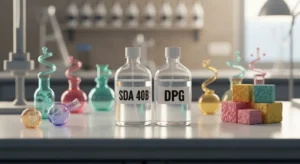
SDA 40B & DPG: Essential Ingredients in Fragrance Formulation
Behind every beautifully crafted perfume, cologne, or room spray lies a complex blend of science and artistry. While fragrance oils

Perfumer’s Alcohol: Uses in Perfumes, Colognes & Room Sprays
Perfume and fragrance creation is both an art and a science. Behind every bottle of perfume, cologne, or room spray
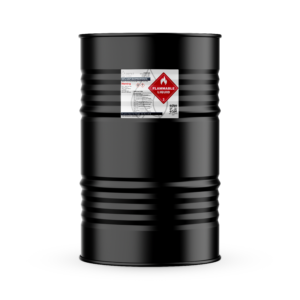
Isopropyl Alcohol Uses
Isopropyl Alcohol Uses by Different Industries Isopropyl Alcohol (IPA) is a versatile chemical with various uses across various industries. It

All You Need to Know About Ethanol and Its Various Uses
All You Need to Know About Ethanol and Its Various Uses Ethanol and Its Various Uses in fuels are essential

The Power of Ethanol: Fun Ethanol Facts on Safety and Industry
The Power of Ethanol: Ethanol Facts on Safety and Industry We are going to go over ethanol facts, uses and

Shipping Dangerous Goods: Regulations and Precautions
Shipping Dangerous Goods: Regulations and Precautions Shipping dangerous goods can be a tricky and sensitive process. It is crucial to
